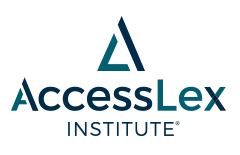Coaching Versus Competency to Facilitate Professional Identity Formation
Document Type
Journal Article
Publication Date
10-2020
Keywords
professional identity formation
Abstract
Professional identity formation, with its focus on the development of professional values, actions, and aspirations, is the ideal goal of medical education. Medicine is a community of practice, and medical education is a socialization process by which novice trainees become full community members. The authors believe coaching provides an ideal means for promoting this socialization process to develop a learner’s identity as they engage in the community. Coaching involves an orientation toward growth and development, valuing reflection and nurturing continuous reflection, and embracing failure as an opportunity for learning. However, there are challenges to implementing coaching in medical education. Competency-based medical education has provided clear outcomes (competencies) for medical education and programs of assessment around these competencies. Yet, there is a tension in medical training between professional identity formation (the process of socialization into the profession) and the formal assessment process. The ideal of multiple low-stakes assessments and written evaluations, intended as formative assessments, are perceived by residents as high-stakes evaluations with significant consequences for their future. The authors present a resident story that highlights this tension. They outline Goffman’s theory of impression management, postulating that medicine’s assessment system encourages residents to stage a performance for evaluators that displays their competence and conceals their perceived weaknesses. This performance hinders coaching and the formation of an appropriate professional identity. Coaching, the authors believe, provides a model that aligns assessment and professional identity formation. Given the challenges to implementing coaching in medical education, the authors propose several questions to contemplate when integrating coaching into medical education to facilitate the goal of professional identity formation.





